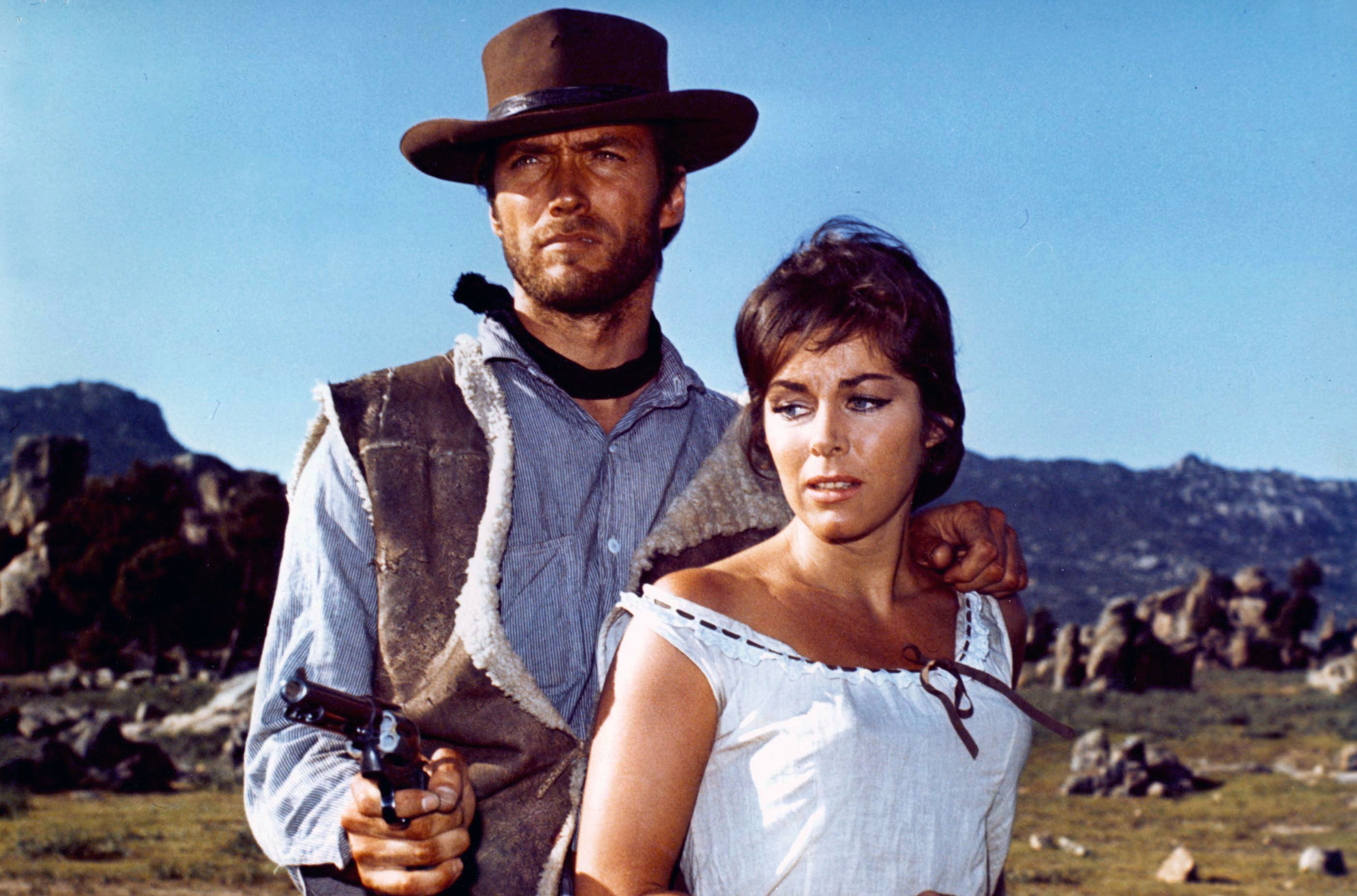For a few euros more: Spain plans to revive glory days of cinema
The Spanish government wants to invest €1.6bn in the country’s film and TV industry to help economic recovery after the pandemic, reports Graham Keeley in Madrid


Wearing a poncho and chewing a trademark cheroot, Clint Eastwood played a tough gunfighter who brought a bit of Hollywood gold dust to Spain.
Shot in the desert of southern Spain, Sergio Leone’s spaghetti westerns For a Few Dollars More, A Fistful of Dollars and The Good, the Bad and the Ugly provided some gritty glamour at a time when Spain was isolated because of General Franco’s dictatorship.
Over half a century later, a new generation has thrilled to the antics of The Professor and his gang of thieves in the international hit, Money Heist, and other Spanish-made television series, like Elite, Veneno and The Mess You Leave Behind.
Now Spain wants to build on this success by investing €1.6bn in the film, television and video games industry in the hope this will attract investors from abroad.
Pedro Sanchez, the Spanish prime minister, said the aim was to make Spain a European reference point for the audiovisual sector between this year and 2025.
Read more:
The cash will come from European Union funds to aid the country’s recovery from the economic devastation caused by the Covid-19 pandemic.
To add some Tinseltown glamour, the launch was attended by James Costos, a Hollywood producer and former US ambassador to Madrid, and Isabel Coixet, a film director who most recently worked on the 2020 film, It Snows In Benidorm, starring Timothy Spall.
Alvaro Longoria, a Spanish film director and producer whose latest film Under Zero is showing on Netflix, said: “I welcome investment in the film industry but I don’t think we should be spending European money to try to make Spain an attractive place for big American producers.
“We should be promoting Spanish and European producers and talent. We are not a cheap place to come and film any more; we have come past that era.”
Long after Clint Eastwood left Spain for the last time, enthusiasts still try to preserve the memory of those movies, which so evocatively captured the spirit of the wild west, in a dusty corner of Almeria, in southern Spain.
The Sad Hill Association was formed to preserve the graveyard where the last scene of 1966 western The Good, the Bad and the Ugly plays out.
In that scene, the characters – played by Eastwood, Lee Van Cleef and Eli Wallach – meet in the cemetery for a three-way duel that will decide who gets to keep the gold buried in one of the graves.
David Alva, founder member of the Sad Hill Association, says spaghetti westerns were important to Spain in the 1960s and1970s.
“They brought economic gains for Spain during that time. They were also used by Franco as propaganda to show that the country was open for business,” he says.
“These films are still relevant today, even though they have received criticism from some sectors.”
The cemetery, in Burgos, northern Spain, was restored and became the subject of a documentary featuring composer Ennio Morricone and Eastwood himself, who said he was delighted that the cemetery had been saved.
The new government initiative will attempt to reduce red tape for filmmakers and make it easier for investors to apply for financial incentives if they work in Spain.

Roberto Sanchez, the Spanish secretary of state for telecommunications and digital infrastructure, told The Independent Spain had come a long way since the days of Sergio Leone’s spaghetti westerns.
“The Spanish audiovisual industry has a long history which has helped develop many competitive and professional companies with talent, as has been shown by numerous productions created and developed entirely in Spain,” he said.
“This plan aims to support not just films or television series but also animation, video games and e-sports in a digital world in which national frontiers have blurred.”
Join our commenting forum
Join thought-provoking conversations, follow other Independent readers and see their replies
Comments